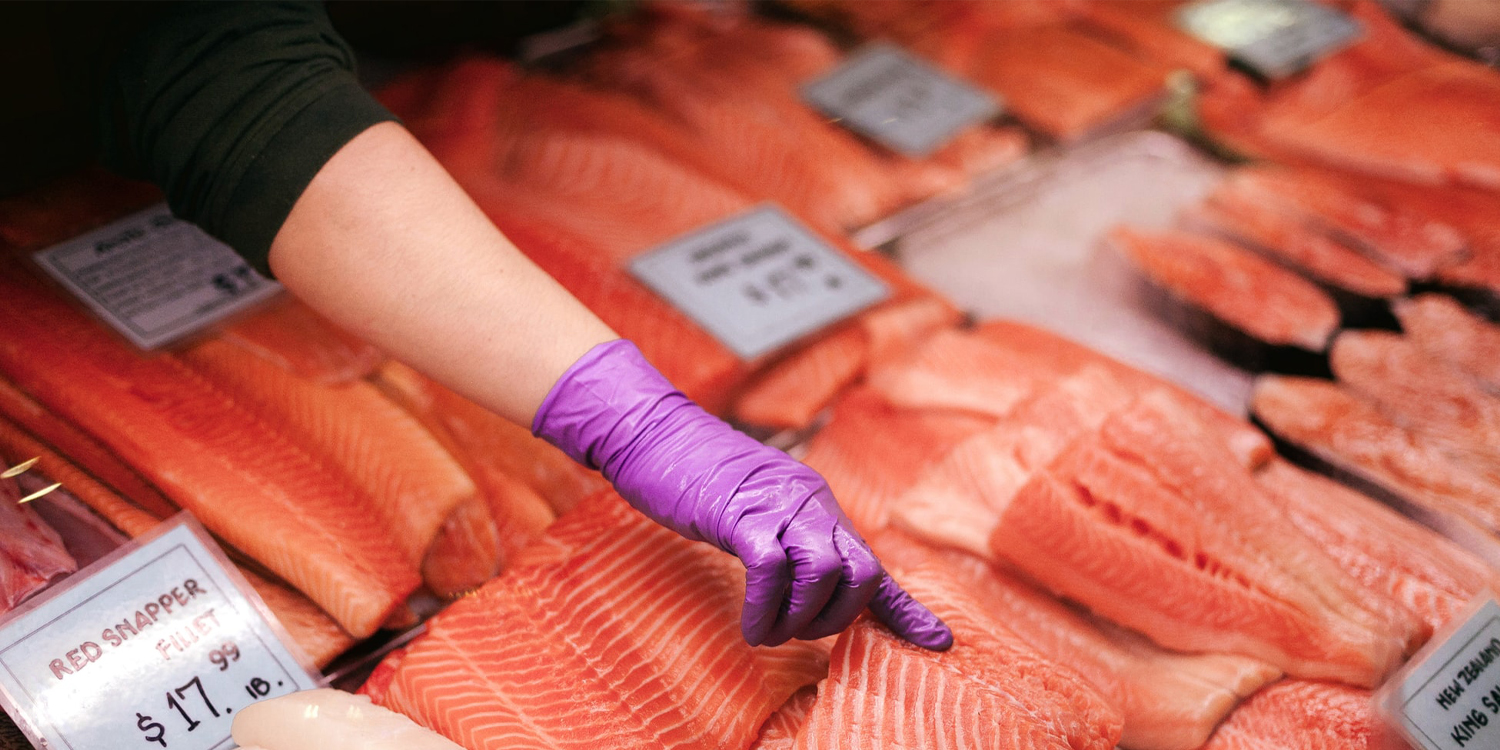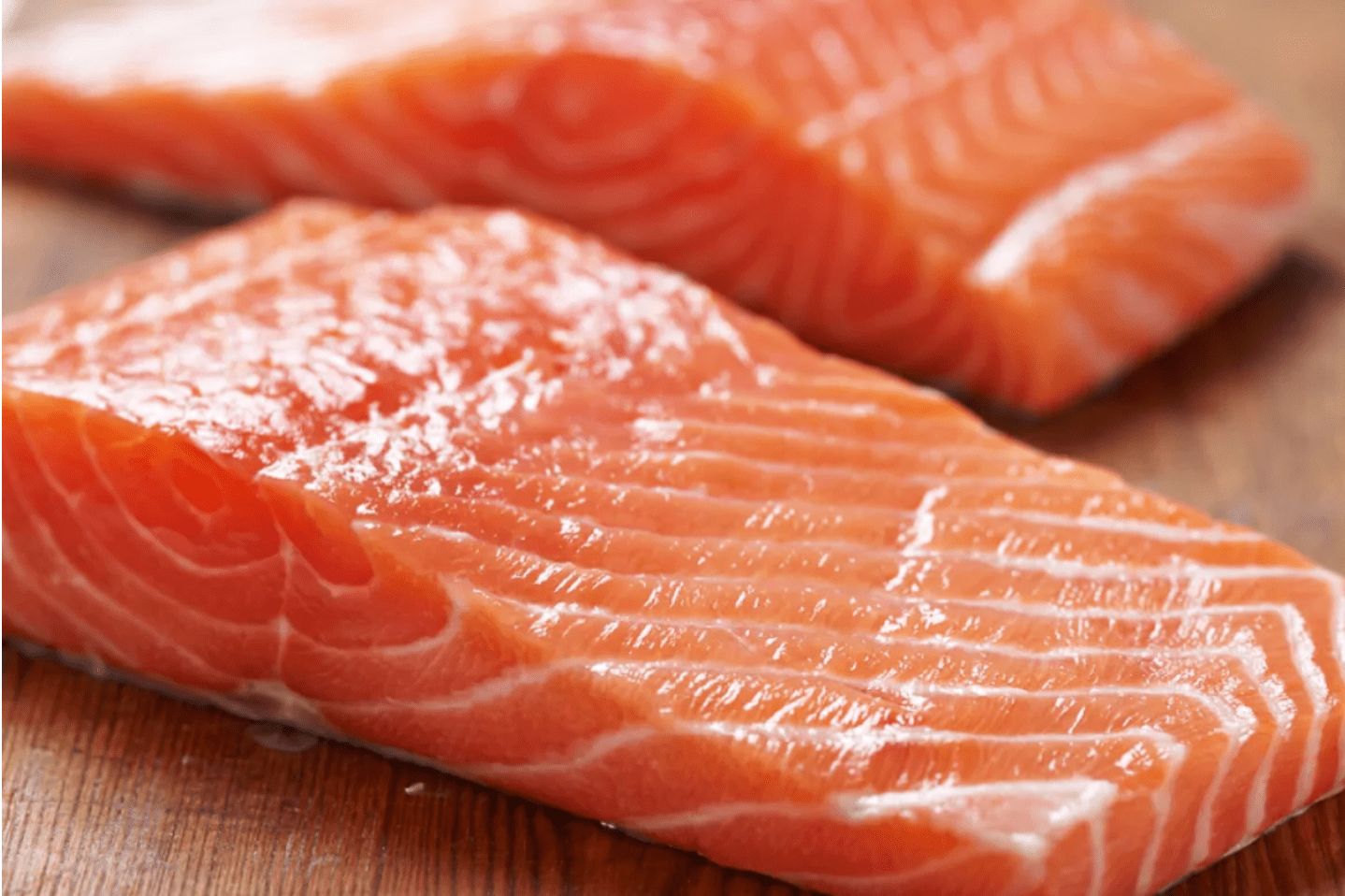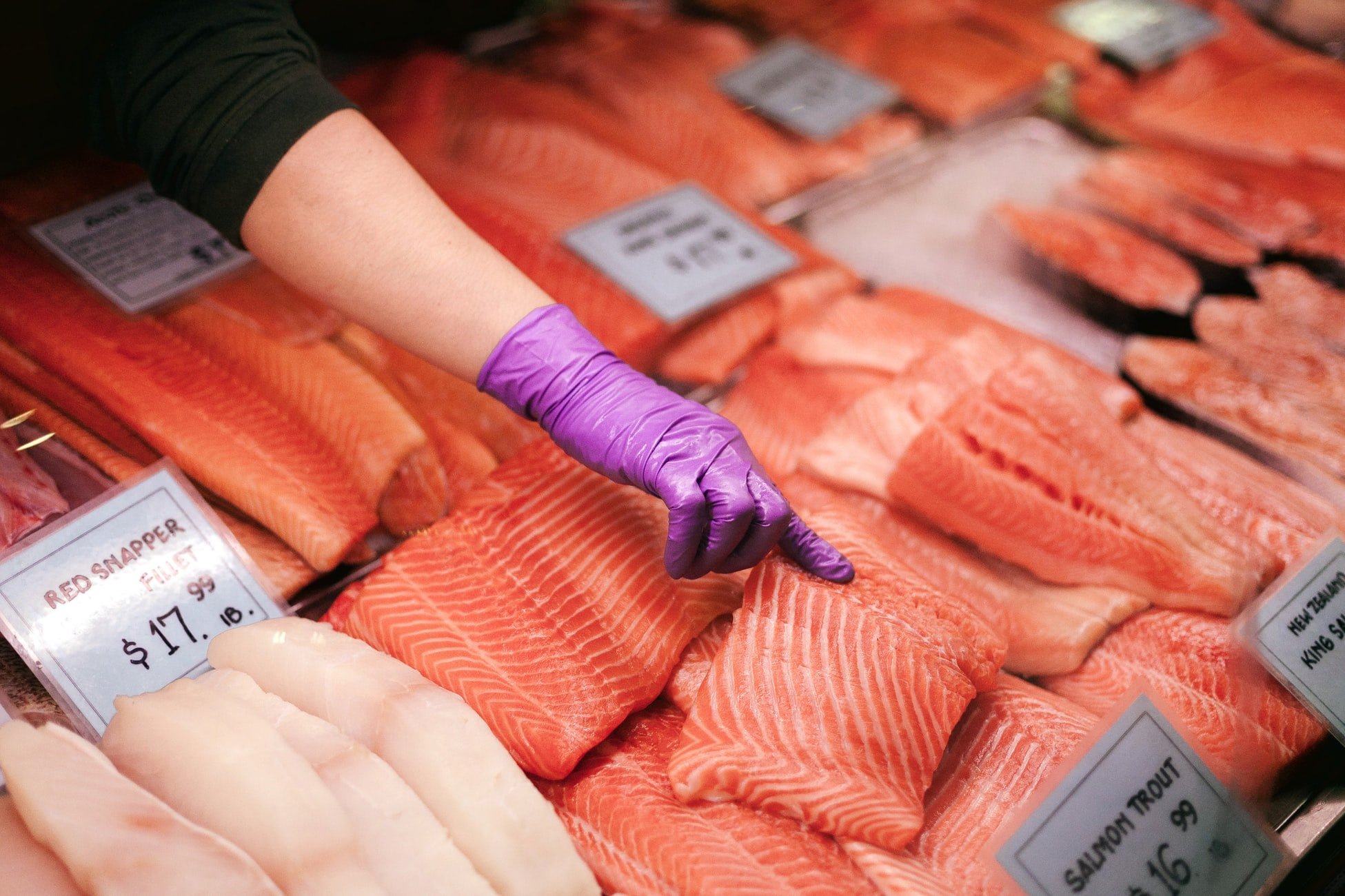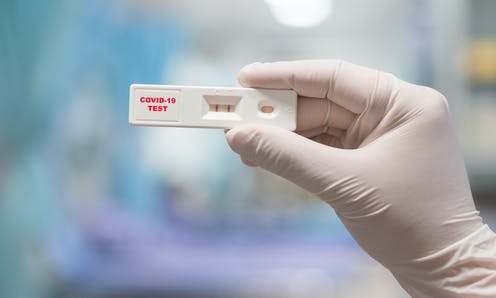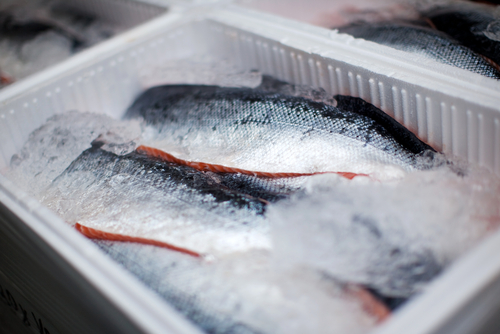Covid-19 Virus On Salmon Can Stay Infectious For 8 Days At 4°C
Singaporeans love our salmon. It doesn’t matter if it’s on sushis, in rice bowls, or with porridge — you name it, we love it.
But Singapore imports 90% of our food and the same goes for the majority of our salmon too.
So it might be cause for concern when researchers found that the Covid-19 virus can survive for up to 8 days when kept at 4°C — the temperature salmon is typically kept at in markets.
This sparked speculation that salmon could be a source of international transmission as it is possible for contaminated salmon to be transported from one country to another within a week.
Experimented with salmon bought in Guangzhou
According to South China Morning Post (SCMP), a team of Chinese scientists led by Dr Dai Manman conducted the experiment by purchasing salmon from a Guangzhou shop.
The meat was reportedly cut into small cubes and ‘treated’ with a solution that had viral Covid-19 particles. They were then stored at different temperatures.
Each day, the researchers conducted tests on the cubes to check if the virus was still infectious.
Covid-19 virus in salmon reportedly infectious for 8 days at 4°C
While it was previously believed that the Covid-19 virus survives longer in meat when temperatures are low, it was unknown if it remained infectious.
Singapore Food Authority (SFA) had also previously stated that there was, at that point, no evidence that proved the coronavirus can spread through food.
However, this salmon experiment seems to prove that the virus does, in fact, remain infectious.
The results suggest that when kept at 4°C, the Covid-19 virus on salmon remains infectious for 8 days, reports SCMP.
But at room temperature of 25°C, the virus remained infectious for 2 days.
Salmon could be a source of Covid-19 international transmission
According to SCMP, these new findings sparked concern as salmon contaminated with Covid-19 virus could easily be transported to another country within a week.
The lead scientist, in particular, explained that salmon could be one of the sources of international transmission.
In markets, restaurants, and during transport, salmon is usually kept at 4°C. Furthermore, quality fresh salmon reportedly moves across the world in just a few days.
To quote an example, salmon from Chile could apparently reach Shanghai in the short span of just 2.5 days.
Strict inspection or detection needed
Moving forward, the researchers say this calls for “strict inspection or detection” of the Covid-19 virus in fish importation and exportation before sales.
